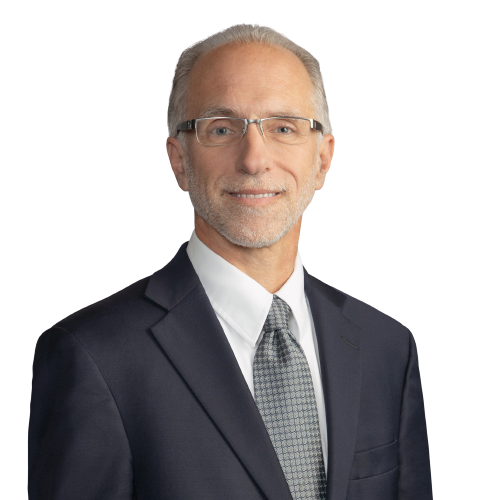Protecting the Courts in a High-Profile Constitutional Battle
When a high-profile constitutional impasse threatened a chief judge's role in safeguarding the court system, Carlton Fields provided pro bono representation to help uphold the judge's authority to secure court facilities.
What's in a name? A courthouse by any other name still needs security.
When a high-profile constitutional impasse threatened a Florida chief judge's role in safeguarding the court system, Carlton Fields provided pro bono representation to uphold the chief judge's duty and authority to protect those who use or provide court-related services.
Charles Williams is the chief judge of Florida's Twelfth Judicial Circuit and a prominent figure in the legal community. Having served on the bench since 1998, Judge Williams has resolved many disputes. When he suddenly found himself the subject of one, Judge Williams relied on Carlton Fields to help resolve it.
After then-Sen. Greg Steube was denied entrance into the Sarasota County Historic Courthouse for carrying a concealed weapon, Judge Williams became the focus of a heated debate on gun rights, public safety, and separation of powers. Steube alerted Sarasota County Sheriff Thomas Knight, arguing that Florida's prohibition on concealed weapons in courthouses doesn't apply to court facilities like the Historic Courthouse because it does not contain any active courtrooms. Knight agreed and, refusing to follow the chief judge's security protocol, removed his deputies from the county's security checkpoints except where they serve courtrooms.
Judge Williams ordered the deputies back, fueling a high-profile constitutional battle between the sheriff and the chief judge.
Carlton Fields represented Judge Williams pro bono in the legal battle that followed. The sheriff filed a certiorari petition in Florida's Second District Court of Appeal, asking the appellate court to invalidate Judge Williams' administrative order on security. Knight argued that Judge Williams lacked authority to require sheriffs to provide security beyond the four corners of a courtroom. Judge Williams defended that chief judges have authority to protect all who use court facilities, not just courtrooms, including the power to direct local sheriffs to provide security and the power to determine what potential weapons should be prohibited.
In a unanimous opinion, the appellate court denied Knight's certiorari petition and resolved the constitutional impasse in the chief judge's favor. The court agreed with Judge Williams that Florida law empowers chief judges of the state's circuit courts to promote the prompt and efficient administration of justice and to require that court officers, including the sheriff, comply with administrative orders concerning the security of court facilities. The sheriff has since restored his security services at the county courthouse and has attempted no further appeal.

